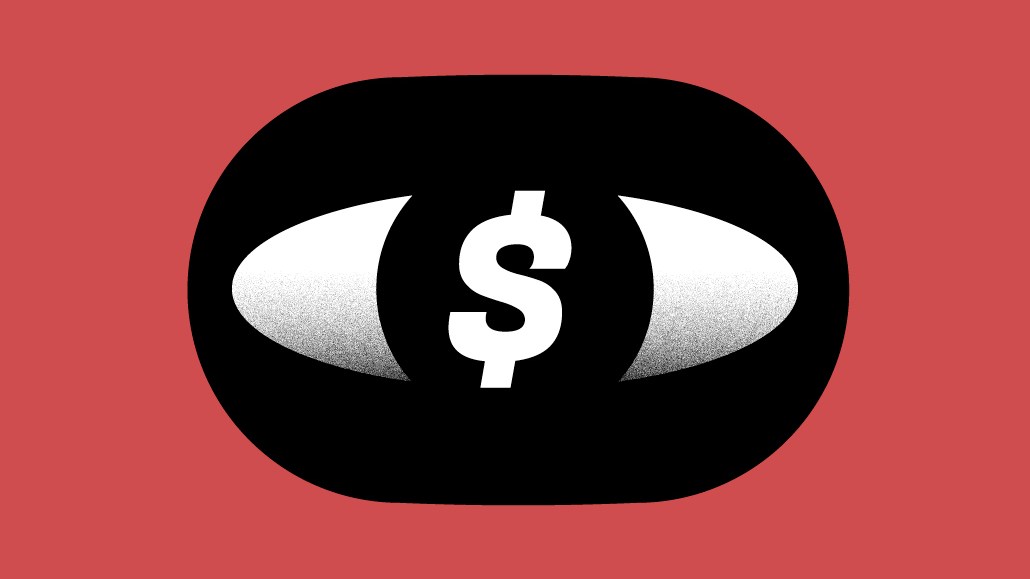Save 50% on a 3-month Digiday+ membership. Ends Dec 5.
Avocet & Lumen Research eye U.S. expansion following merger

Given the current global economic outlook, announcements of mergers and acquisitions are rare compared to 2021.
Still, Avocet and Lumen Research have bucked that trend with news of their impending union and an investment of $3.5 million, or £3 million, from FirstPartyCapital.
The combined entity will be known as Lumen with the new look outfit — a combination of Avocet’s demand-side platform and Lumen Research’s eye-tracking technology — now aiming to further its attention measurement wares in the U.S.
Investors and executives there hope Lumen’s wares will resonate with contemporary market demand given the impending decline of traditional ad targeting and measurement tools such as the third-party cookie.
Lumen offers brands measurement services via way of an “eye-tracking panel” to help marketers better understand how their ads generate consumer attention. These signals can then be used to help optimize the bidding capabilities of the Avocet DSP with media buyers including Dentsu and Havas already accessing such services.
“This proprietary technology allows us to record attention and then create predictive models from that,” explained Mike Follett, managing director of Lumen Research, “and Avocet have lead the way in incrementality as a buying metric… our motto is that we’re in the business of optimizing attention for outcomes.”
Ezra Pierce, CEO of Avocet, further explained, “We built out this system to continuously measure incremental conversions on the thesis that most conversions probably aren’t being caused by the advertising. So, we should figure out which ones [conversions] are being caused and which ones aren’t being caused [by exposure to media].”
Ad position: web_incontent_pos1
Lumen’s $3.5 million investment is being led by FirstPartyCapital, an investment fund that specializes in early-to-mid-stage funding rounds, with cofounder Ciarán O’Kane telling Digiday his investment thesis centered around timing.
“In my view, everything in ad tech is around timing and I think that incrementally as a metric has been overlooked because of the ease of use of the cookie and IDs,” he said, adding that fusing Avocet’s incrementality wares with Lumen’s tracking wares is “probably one of the most important segments going forward in this industry.”
Rich Ashton, managing partner at FirstPartyCapital, described the deal as the flagship investment of the fund (its largest to date), adding that interest in the round was oversubscribed and that some of the industry’s major stakeholders have expressed an interest.
“FirstPartyCapital has done half the round, and then there’s a bunch of people who have already expressed a lot of interest to join that, including strategics; for this type of company at this time, they could have raised a lot more than £3 million [$3.5 million] if they wanted to.”
He added, “In the current funding environment, I think it’s tough for companies that are getting compared to those on the public markets, and those in the very early stage that are relying on angel investment it can also be tough because as a lot of Angels have real-world costs and bills to pay such as mortgages.”
More in Marketing

Ulta, Best Buy and Adidas dominate AI holiday shopping mentions
The brands that are seeing the biggest boost from this shift in consumer behavior are some of the biggest retailers.

U.K. retailer Boots leads brand efforts to invest in ad creative’s data layer
For media dollars to make an impact, brands need ad creative that actually hits. More CMOs are investing in pre- and post-flight measurement.
Ad position: web_bfu



